Glenn Stromberg has become the authority in turning mobile homes into real wealth in the real world. In nearly four decades working in the real estate market, Glenn Stromberg has realized that the misconceptions surrounding mobile homes has kept most investors and hedge funds out of that niche market.
A Business in Motion
In nearly four decades working in the real estate market, Glenn Stromberg has realized that the misconceptions surrounding mobile homes has kept most investors and hedge funds out of that niche market. These misconceptions — and his decision not to believe them — have worked well for Stromberg.
According to Stromberg, his company operates using an “open secret — the most overlooked and undervalued class of real estate: mobile homes.” But it is Stromberg’s strategy and his ability to pivot in perilous times that propelled him to titan status.
Although he has completed thousands of mobile home deals, Stromberg’s passion is to share his knowledge to help others. His company, Stromberg Investment Group, has been providing passive investing opportunities since 2006, although his real estate career started decades earlier.
Stromberg began his real estate career in 1982, quickly becoming a top sales manager for a mobile home dealership. Over his 38 years in the mobile home industry, he has developed mobile home subdivisions, owned a mobile home park, owned and operated mobile home sales centers, and bought, sold, and leased single-family homes.
After college, he took a job in corporate America and realized his vision was to be an entrepreneur. It must have been fate when he answered a newspaper ad about selling mobile homes because in just two years selling at a dealership, he was promoted to sales manager. His entrepreneurial journey continued when he started a business with a friend, growing it to 13 locations in Texas then selling his portion. Stromberg has owned a mobile home park, developed a mobile home subdivision, and for 15 years had a Clayton franchise, which was one of Warren Buffet’s companies. Stromberg jokes he was partners with Warren Buffett even though he has never met him! After selling the Clayton franchise, Stromberg started buying manufactured homes, but this time they were on land.
Stromberg started with the fix-and-flip method and still does some of that, but in 2008 the recession forced him to change his model, and it turned out to be a business blessing.
“In our current business model, we keep some mobile home properties and turnkey others to investors. We don’t use banks; we use all private money,” Stromberg said. “Our investors love us because their returns are better than (sometimes double) what they can get with single-family homes.”
With more than a dozen employees in four states, Stromberg Investment Group continues to thrive.
“While millions may play in the real estate arena, very few actually understand it to the level Glenn does and few investors create opportunities that are a win-win for both parties. Since Stromberg Investment Group’s inception, Glenn has had a strong and well-articulated vision for this company, and I am honored to be the one to execute that vision. There is no titan in the industry more humble than Glenn, and he will continue to prosper for years to come,” said Melissa Hamaker, COO of Stromberg Investment Group.
A Titan Talks Real Estate
If you’ve met Glenn Stromberg, you know he’s a fast talker. And if you’ve talked with him, you know he exudes joy and a willingness to help others. Not only a master in his niche of REI, Stromberg is at the top when it comes to character. In a fast-paced conversation with the titan of mobile home investing, Stromberg shared the importance of not only strategic investing, but of the things beyond business that bring true success. Keep up with Stromberg in this fun Q&A:
TR: Success means many different things to different people. What does success mean to you?
GS: Simple. It’s being in God’s will. Ten years ago, I heard the phrase, is GOD the CEO of your life? That was a game changer. I get up every morning with a set of God goals: love life, love people. When I asked God to guide me each day, everything did change.
Also, having time to do what you want when you want. That’s a great luxury. To me that’s success. I tell our team, if we take care of our investors and tenants, the rest will come and the company will be profitable.
TR: If you could give your younger self advice, what would it be?
GS: I would have gotten in mastermind groups a lot earlier. I’ve learned your network truly becomes your net worth. The connections you make puts you on the fast track to success.
I would have read The Purpose Driven Life earlier in my life. Outside of the Bible, that’s the book that helped me understand my calling.
Also, Traction and E-Myth were the best business books I’ve ever read. They taught me business skills and how to delegate properly. I would have read them sooner.
TR: What is your greatest virtue? Your weakest?
GS: I have a desire to help and mentor people. I care about others and want to create win-wins in everything we do. I enjoy mentoring young people and helping them.
My weakness is patience. I’m not the most patient man in the world. I want things done and want them done now, but I’m better now than when I was younger! I had a temper, I don’t have that anymore, but I could still be more patient. But I work on that every day. I am concentrating these days on becoming a better listener and thinking before I talk. I am trying to improve on both those areas. I want to be remembered as an honest man who loved God and loved people and made a difference in peoples’ lives.
TR: They say success comes after failure. Can you describe a time you failed and how you persevered or what you learned?
GS: In 2008, before the crash, I was buying, fixing and flipping the same type of properties as I do now: doublewides on land. No overhead. I was selling three properties at a time, bringing in $30,000 each. Life was good. When the banks quit lending, I had 18 properties on the field, and I couldn’t give them away. I had to rethink my model. I didn’t want to rent and deal with tenants and toilets, but I learned what others were doing right and came up with a property management system and discovered passive income. It became a blessing in disguise and the beauty of it is our current model is recession proof. The fix-and-flip method is good, but you have to keep repeating it. If you want to make money while you’re sleeping, this is the way to go. Our current model is recession proof because people need affordable housing.
TR: Who have been titans — in real estate or otherwise — that you have admired, and why?
GS: Obviously, Jesus and the lessons he taught. The golden rule and so forth. My dad taught me about being an entrepreneur and encouraged me to do anything I wanted to do. Also, President Reagan. I admired his character, positive attitude, and the way he conducted himself. He was a hero of mine. I also have two spiritual mentors as well — pastors Ron Lyles and Don Gentry — who helped me when I first started going to church. These titans have all made a difference in my life.
TR: What growing pains has your company endured?
GS: We’ve gone from just me to 15 employees and a lot of 1099 contractors. Learning and growing through masterminds gave me guidance to turn around cashflow issues and grow smart. I read Jim Collins’ book Good to Great, which says no more than 20 percent growth per year. I believe that. Companies get in trouble when they grow too fast. But I love growing a business. It’s fun for me. I heard when I was young, that most millionaires own their own business or get into real estate, so I wanted to do both! It’s a great way to build wealth. With passive income, you get cashflow every month and tax-deferred appreciation over time. Plus, it is fun to employ people see them prosper and be a part of a winning team. I feel blessed to go to work each day.
TR: You have said one reason you began investing in mobile homes is because there is little competition and lots of inventory. Has this changed?
GS: That hasn’t changed. There is still lots of inventory. It is hard to finance with conventional lending, so there is a competitive advantage with private lending. The Coronavirus will take competition away and provide even more inventory.
TR: How do you feel you have influenced the industry?
GS: I have been lucky because I got in so long ago. But it all came together in 2008 when I was forced to form a new business model. I am always known as The Mobile Home Guy and helped make these property types mainstream. That will be my legacy. I believe I have the best-kept secret in real estate investing, and I want to get the word out and change peoples’ lives.
TR: What qualities do you admire in other industry influencers?
GS: I am attracted to people with character. I don’t like boasters. It’s the quiet one, the humble one that I admire. And honesty is huge.
TR: Can you explain to newer investors how strategy is different from niche?
GS: Yes, they are absolutely two totally different things. Mobile home investing is the niche, but there are many different strategies to invest in them. We are the only company that buys a mobile home, fixes it up like new, rents it, and offers full-time property management. We keep 30 percent and we turnkey 70 percent to our investors.
TR: What makes you laugh no matter your mood?
GS: Three movies from back in the 80s that crack me up every time I watch them: The Blues Brothers, Caddy Shack, and Animal House. Animal House was an on-screen replica of my own fraternity house! That was back before my Christian days!
Stay tuned for more as this titan dialogue continues when Think Realty owner Eddie Wilson visits Glenn Stromberg’s company and asks some questions of his own. Like, was there ever a time Stromberg felt he would fail? Look for the Titan Talk video featuring Eddie and Glenn to appear later this month!


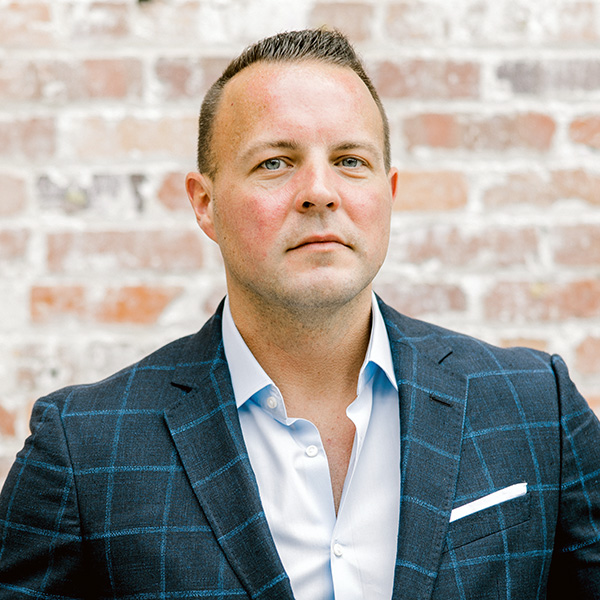

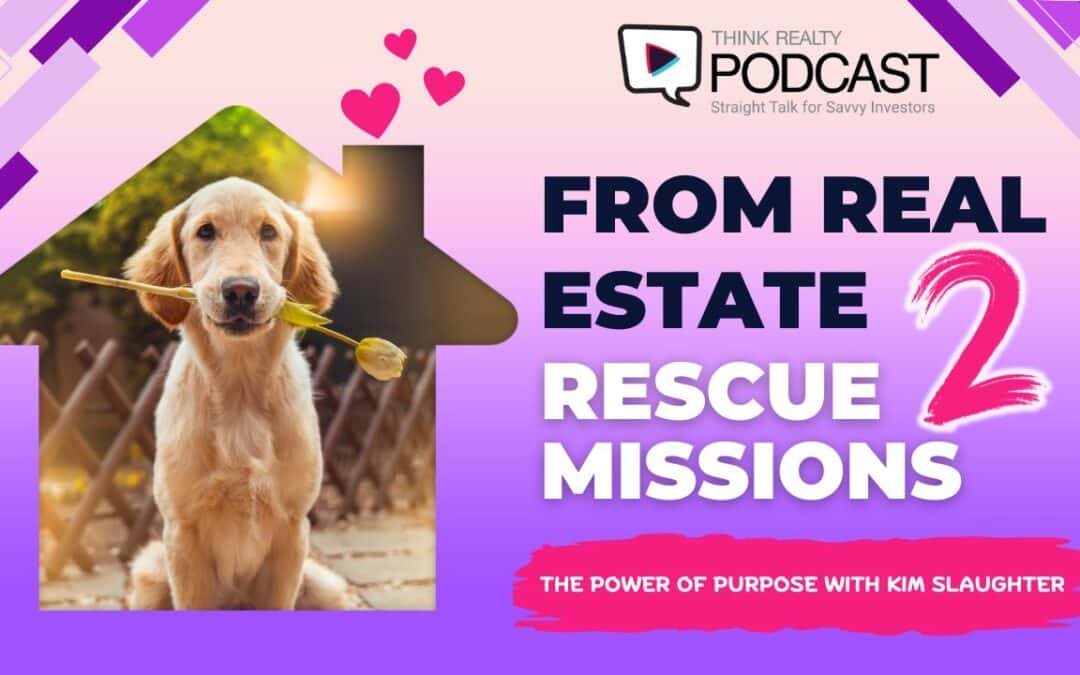
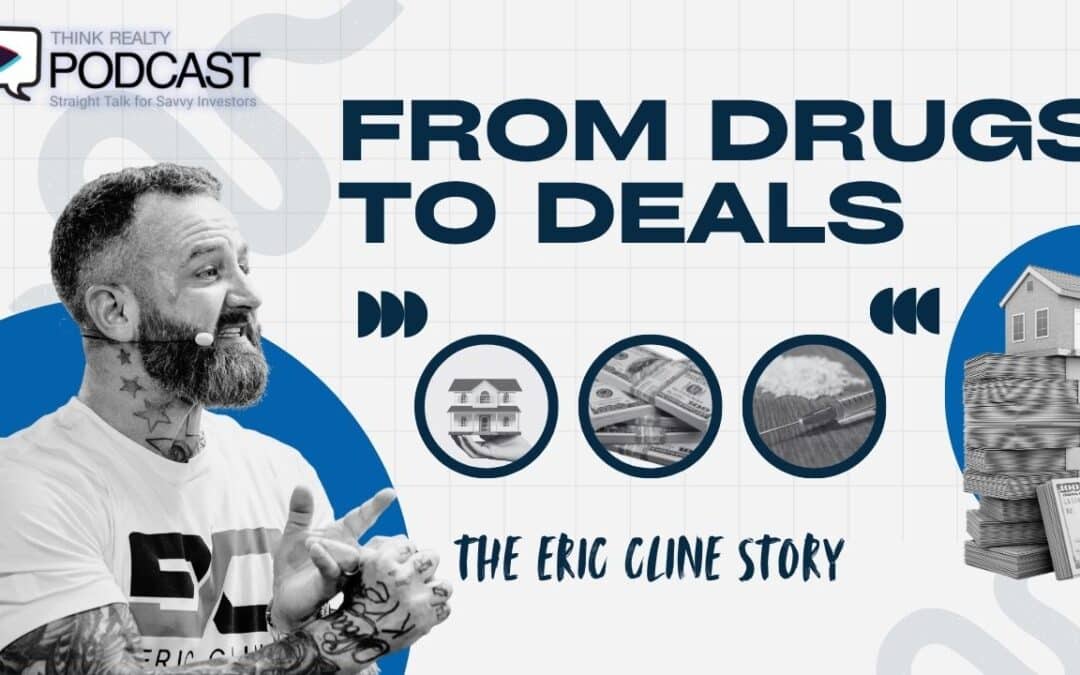
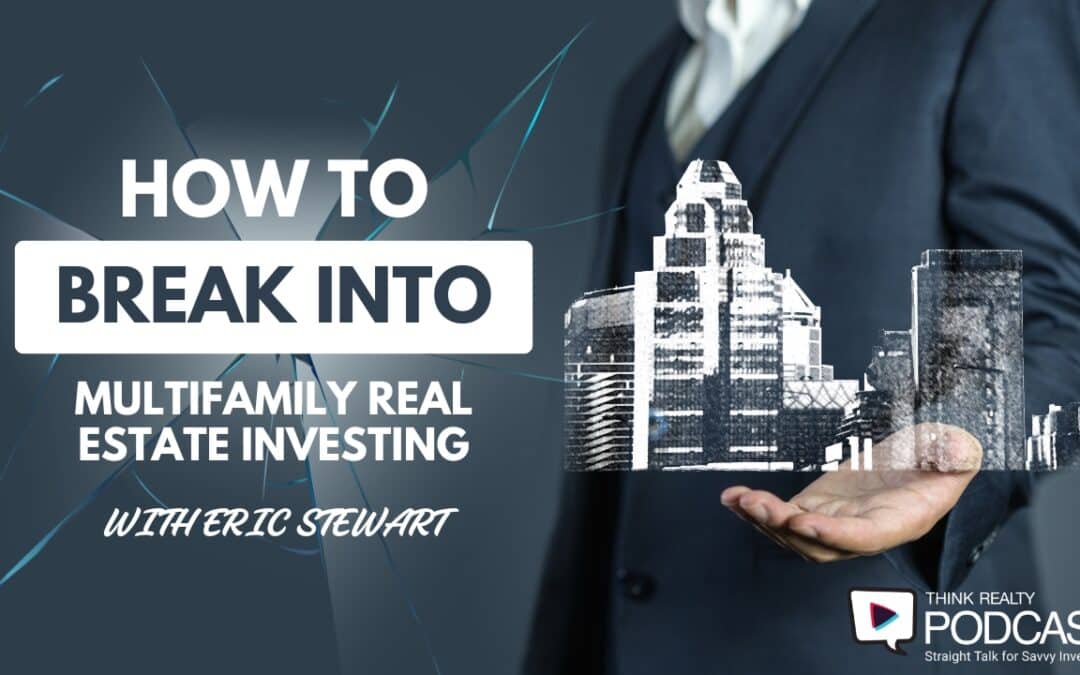
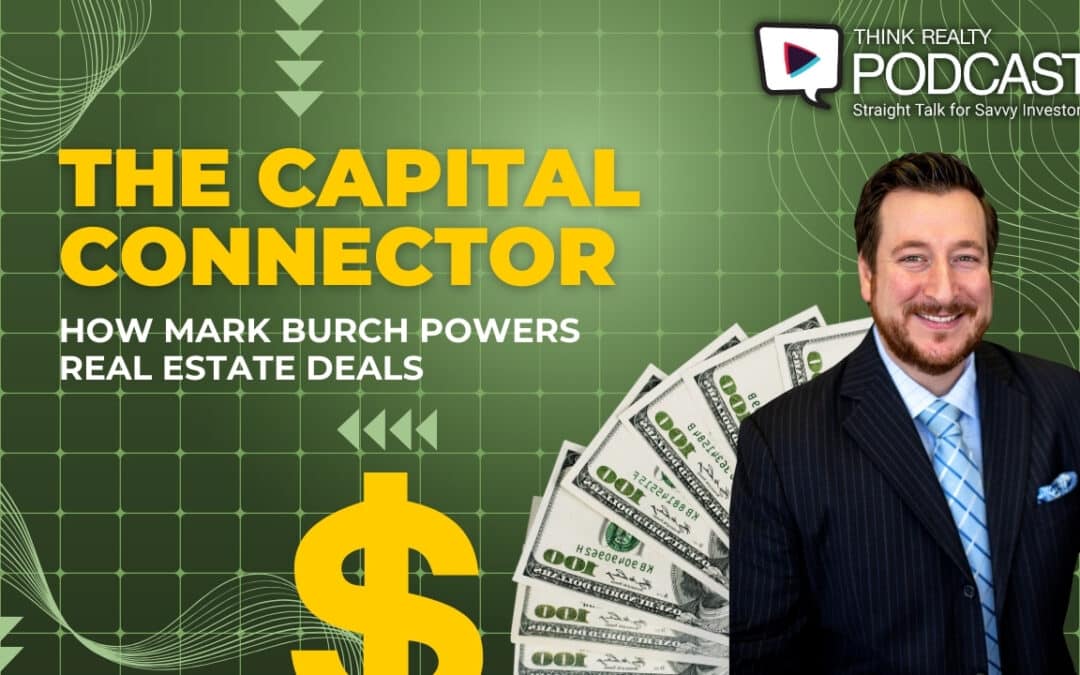















0 Comments